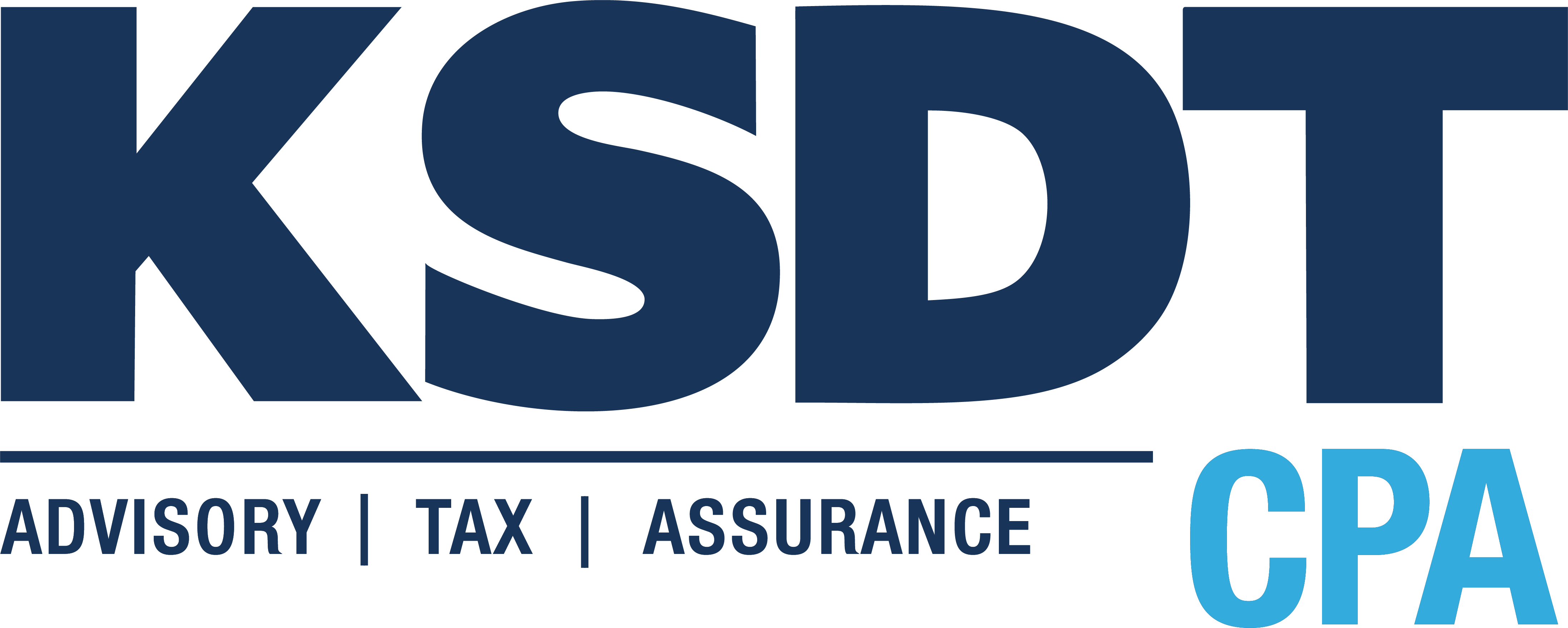Over the past year, the importance of leadership at every level of a business has been emphasized. When a crisis such as a pandemic hits, it creates a sort of stress test for not only business owners and executives, but also supervisors of departments and work groups.
Among the most important skill sets of any leader is communication. Can your company’s supervisors communicate both the big and little picture messages that will keep employees reassured, focused and motivated during good times and bad? One factor in their ability to do so is the age of the employees with whom they’re interacting.
Encourage a flexible management style
Right now, there may be four different generations in your workplace: 1) Baby Boomers, born following World War II through the mid-1960s, 2) Generation X, born from the mid-1960s through the late 1970s, 3) Millennials, born from the late 1970s through the mid-1990s, and 4) Generation Z, born in the mid-1990s and beyond. (Birth dates for each generation may vary depending on the source.)
Supervisors need to develop a flexible style when dealing with multiple generations. Millennial and Generation Z employees tend to have different needs and expectations than Baby Boomers and those in Generation X.
For example, Millennials and Gen Z employees generally like to receive more regular feedback about their performances, as well as more frequent public recognition when they’ve done well. Baby Boomers and Gen Xers also enjoy positive performance feedback, but they may expect praise less often and derive personal satisfaction from a job well done without needing to share it with co-workers quite as often.
Employees from different generations also tend to have differing views on company loyalty. Many younger employees harbor greater allegiance to their principles and co-workers than their employers, while many older employees feel a greater sense of fidelity to the business itself. Train your supervisors to keep these and other differences in mind when managing employees across generations.
Recognize the impact of benefits
While financial security is highly valued by every generation, younger employees (Millennials and Gen Z) may prioritize salary less than older workers. What’s often more important to recent generations is a robust, well-rounded benefits package.
Of particular importance is mental health care. Whereas older generations may have historically approached mental health issues with hesitancy, and some still do, younger generations generally prioritize psychological well-being quite openly. Business owners should keep this in mind when designing and adjusting their benefits plans, and supervisors (and HR departments) need to encourage and guide employees to optimally use their benefits.
Promote workplace harmony
To be clear, a person’s generation doesn’t necessarily define him or her, nor is it a perfect predictor of how someone thinks or behaves. Nevertheless, supervisors who are aware of generational differences can develop more flexible, dynamic management styles. Doing so can lead to a more harmonious, productive workplace — and a more profitable business. We can assist you in developing cost-effective strategies for upskilling supervisors and maximizing productivity.
© 2021
How Can We Help?
Call or email our team today
KSDT CPA is ready to navigate the process with you. Fill out the form below and our team will contact you shortly.


